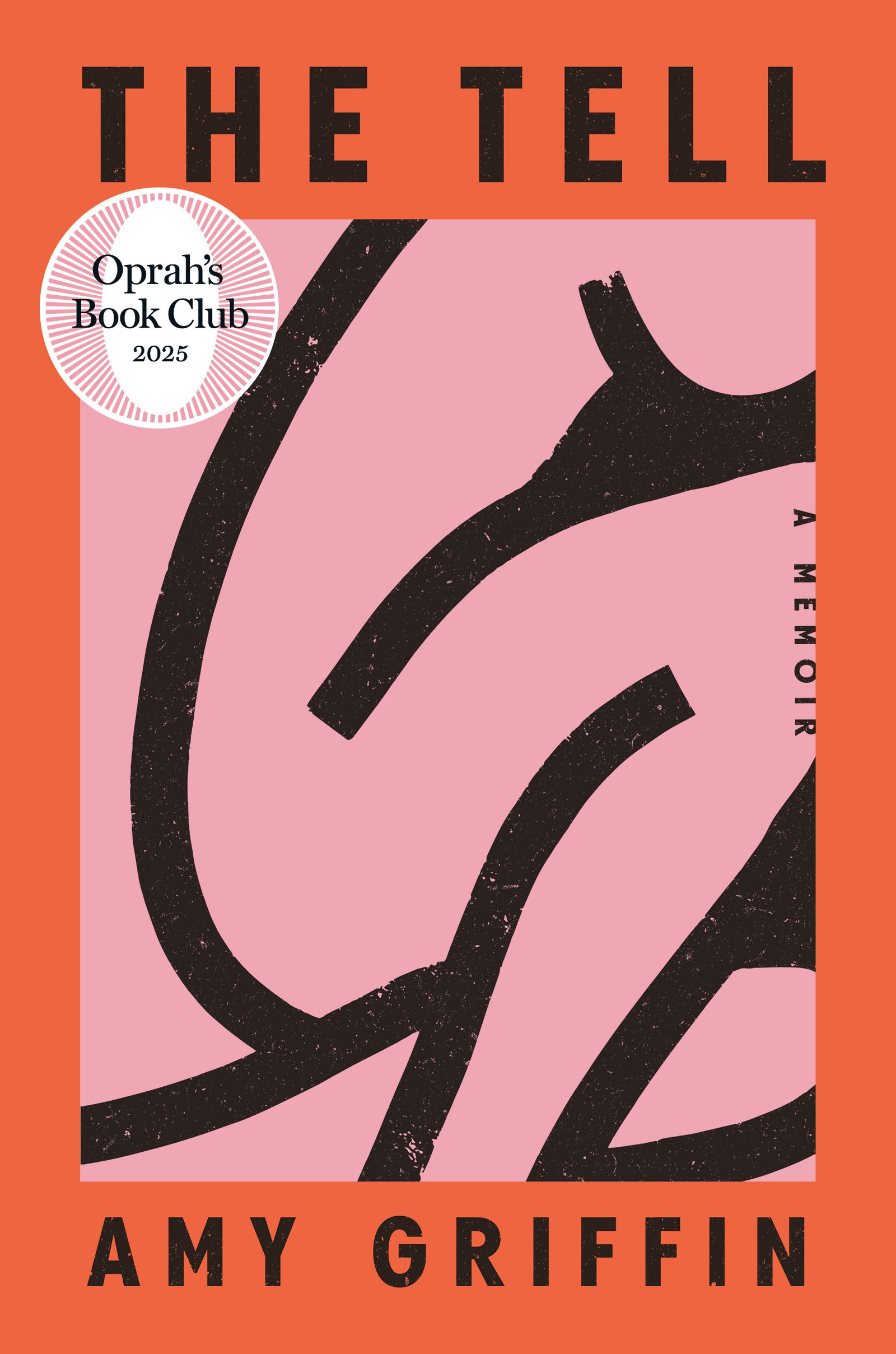Exploring the Depths of Healing: A Review of The Tell: A Memoir by Griffin
I stumbled upon The Tell: A Memoir by Griffin at a time when I was grappling with my own personal reflections on the past. With its striking promise of an unflinching look at trauma and recovery, the memoir instantly beckoned me to dive deeper. With every page, I felt like I was not just observing Griffin’s journey, but traversing my own labyrinth of emotions and realizations alongside her.
Griffin’s memoir is an intricate tapestry of themes, weaving together the complexities of trauma, recovery, and the often unseen scars of our past. She takes us through her life, revealing not just the act of running—through rain, snow, and even her own self-doubt—but also the poignant realization of what she was fleeing from all along. It’s a beautiful yet challenging exploration that confronts the notion that you cannot outrun your past forever. Griffin’s candidness in detailing her struggles with the overwhelming desire to build massive walls around herself left me both inspired and introspective.
The narrative briskly unfolds, with Griffin’s writing style being honest and accessible, yet profoundly introspective. The pacing mirrors her journey—sometimes fast-paced like her runs, at other times deliberately slow as she unpacks the weight of her memories. One quote struck particularly close to home for me: “I could not hide in the vastness of the life I had built any longer—a life so big that I’d disappeared in it.” This resonated deeply, as it encapsulated the experience of losing oneself within the roles society often imposes upon us, especially as women.
The inclusion of elements such as psychedelic-assisted therapy added an intriguing dimension to the storytelling. Griffin doesn’t shy away from skepticism surrounding these methods; instead, she enhances her narrative by integrating conversations with experts. This extra layer not only informed my understanding but also broke down preconceived notions I might have held. I appreciated how Griffin positions her experiences not just as personal narratives, but as reflections in the greater societal mirror—a mirror that reveals the often silent struggles imposed by purity culture and a flawed justice system.
It’s essential to mention that the content warnings concerning sexual assault are deserved; Griffin handles these subjects with care, yet they can understandably be triggering for many readers. However, the catharsis found within the writings makes it a worthwhile read for those prepared to embrace the complexities of the journey toward healing. Each page is a reminder of the resilience we hold, showing us that doing the necessary work to heal is an act of love towards oneself.
I believe that The Tell will resonate with anyone who has ever felt the weight of their untold stories pressing down on them. It’s for those who seek to understand the fragility of their own pasts while yearning for the hope of what lies ahead. Personally, I found that, through Griffin’s journey, I unearthed a sense of my own emotions and histories, reinforcing the truth that in facing our past head-on, we discover our truest selves.
In conclusion, Griffin’s The Tell: A Memoir is not just a book; it’s an invitation to introspection, healing, and, ultimately, empowerment. I highly recommend it to anyone ready for a profound and deeply thought-provoking read. It’s a book that left me changed, not just in understanding Griffin’s journey but in reflecting on my own.







